
The simple act of listening
Invite your child to be very quiet and use their ears for listening. You will be amazed at what you hear!
Find activities using the filters below.

Invite your child to be very quiet and use their ears for listening. You will be amazed at what you hear!

This Halloween-themed activity is fun, simple, and building fine motor and counting skills.

Here's a quick and simple activity to hep your child understand the value of measuring.
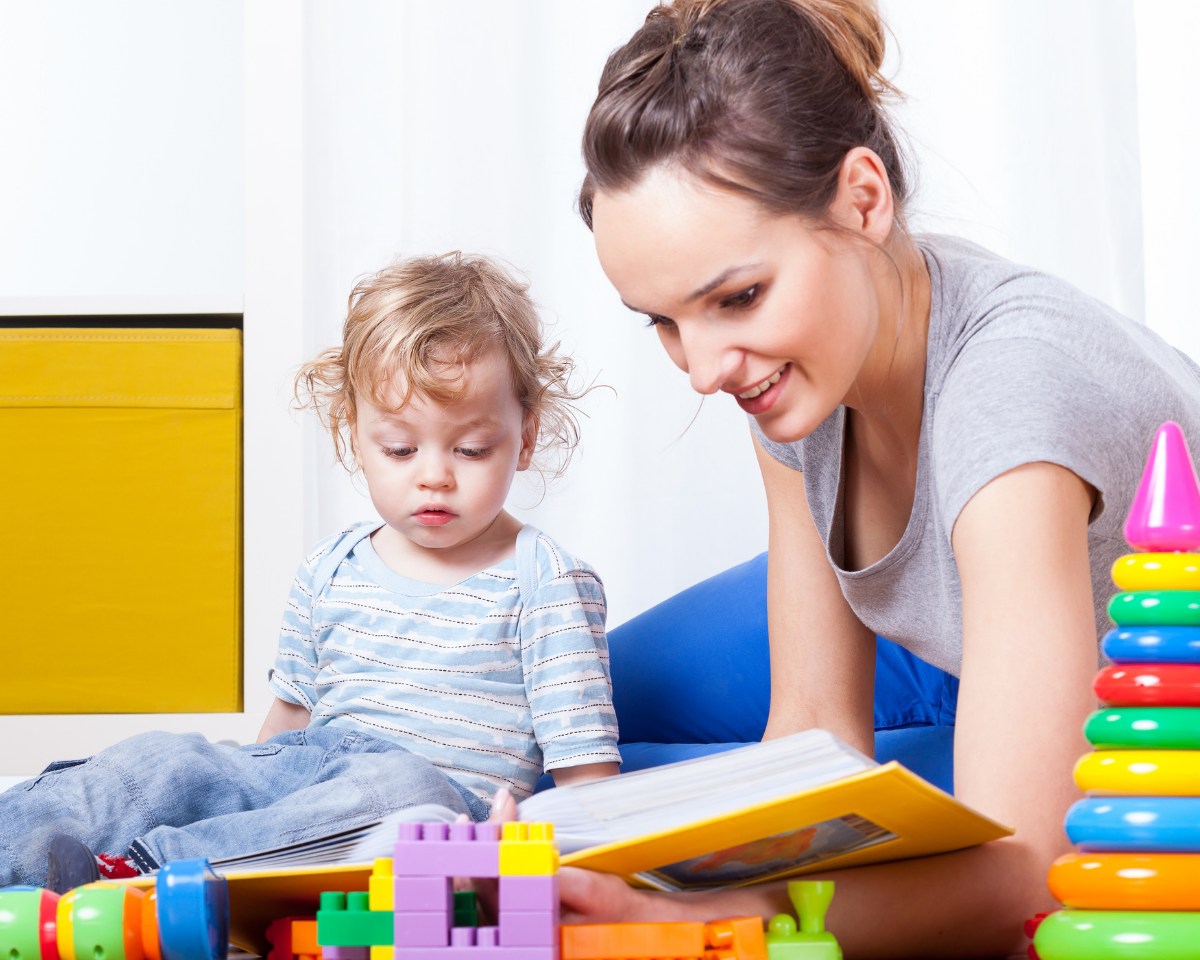
Looking at pictures of faces together can teach your child a lot about feelings.
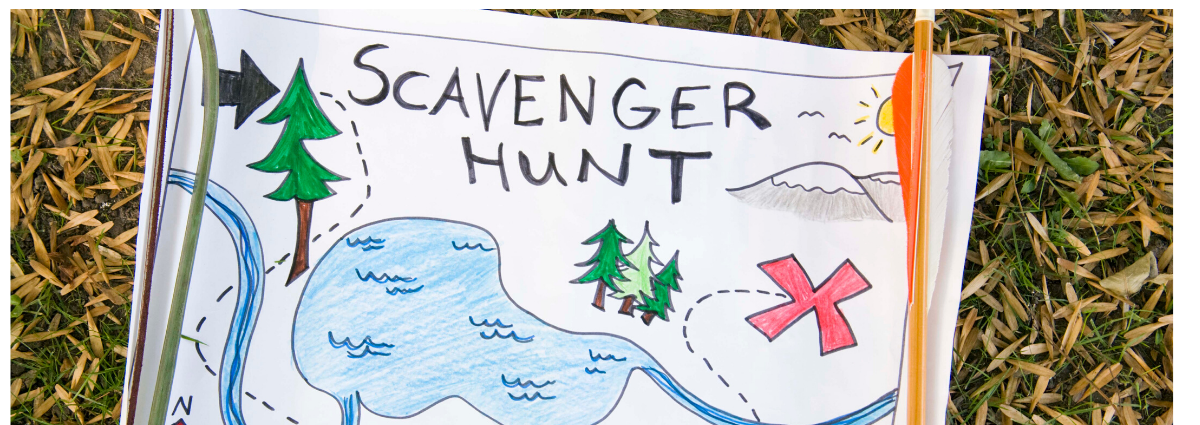
Even if your child has to stay socially distanced from others, this is a fun activity to be be done with siblings or even parents.

Teach your child to make their own mood meter to check in with how they are feeling and recognize when they are upset and when others are upset.

Let your child explore music and percussion with the help of household items.
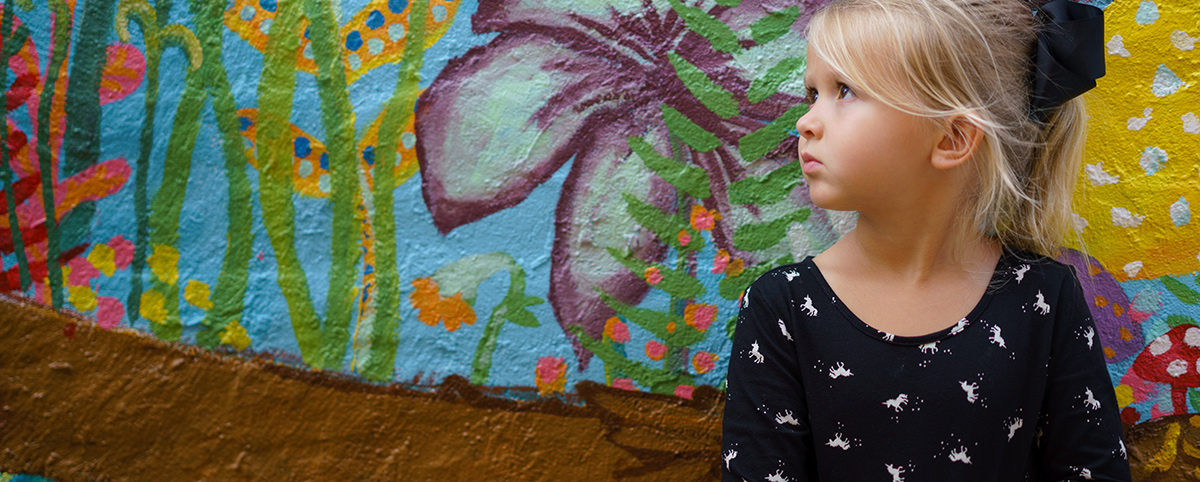

Teaching young children to wash their hands can be a challenge. This activity shows them how germs spreads and teaches them how to wash their hands properly.

Summary: Learning to observe and describe is a parenting skill as well as a skill we want to develop in our children. (Source: smarterparenting.com) Activity: As parents, we want...

Try this fun communication activity for kids of all ages that requires just a beach ball and an erasable marker!

Summary: Don’t just impose rules; discuss and explain them. Activity: (please be as detailed as possible) What rules for your children are important to you? Practice giving the reason...

Summary: This activity literally has your child make something out of an idea. Activity: The next time your child tells you about an idea he has, ask him to...

Summary: Cooperate clean-up works especially well if you have more than one child. Activity: Think of a clean-up project around your home or yard and make it a family...

Summary: Learn about other cultures through unfamiliar foods prepared with familiar people. Activity: Prepare a meal that is common to the cultural heritage of a friend or family member...

This activity encourages your child to build an internal frame of reference for interacting socially with both adults and peers.

Teach your child to appreciate his or her amazing body and develop a deeper understanding of physical capabilities.

While it’s tempting to answer authoritatively every question your child asks, it’s more educational to turn the tables.

Reflecting on mistakes and failures can be painful, but is also a growth opportunity for your child, if handled with sensitivity.

The simplest acts of kindness and assistance help a child develop a sense of connection and empathy.

Help develop your child’s sense of engagement and civic responsibility.

Turn a museum visit into an active and engaging kinesthetic experience.
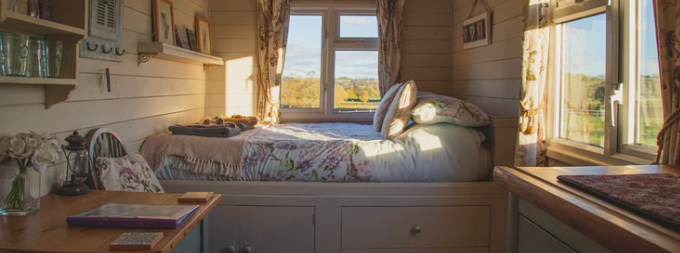
Increase spatial awareness with this fun and engaging activity.

Help your child strategize about how to help a friend facing troubles.
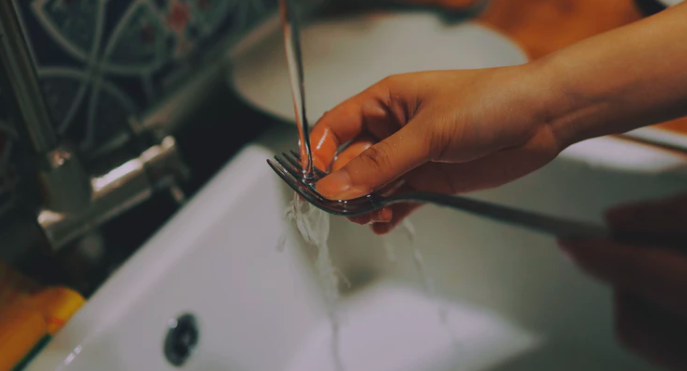
Create a chart of regular chores for which your child is responsible. Then put him in charge of it.
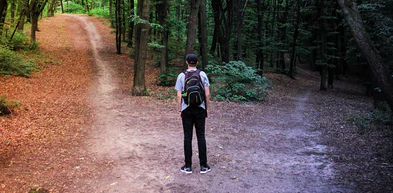
A structured dinner-table discussion about decisions fosters deep reflection.

Baking can be fun, educational, and even develop a sense of compassion in your child.

Help your child explore vocational interests and develop interview skills with this simple activity.

This activity will help your child understand the concepts of planning and budgeting. It will also bring home the fact that travel has costs associated with it (but is money well spent!)

Create a sleep chart with your child to help her understand the connections between sleep and emotions and energy level.

Help your child cope quickly and effectively with risky situations through this simple exercise.

This activity will help your child plan how to live comfortably day to day in his immediate environment.

This activity helps your child develop both social and listening skills.


Help your child find a creative outlet for expressing strong emotions.

We all want to foster empathy in our children, and to help them develop the skill of apologizing, which can be difficult for everyone. This activity does both.

Is getting your child to fall asleep a challenge? Try this quick and simple technique. It works wonders!


Encourage your child to perform anonymous acts of service for friends or neighbors.


Saving up for something special can be a lesson in both math and self-control.

Change the words to a favorite song while maintaining its meter and rhymes.


Cooking can also be an exercise in budgeting and planning!

Create an individualized time management system with your child.




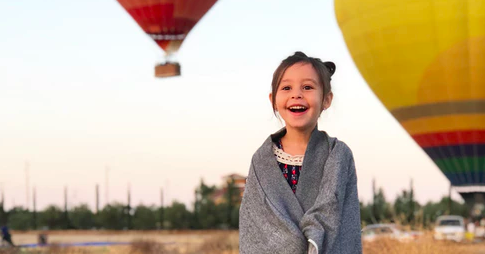
Working hard for something you want is a great lesson in motivation.

Learning about different religions is a great to help kids understand both how diverse our society is and how much we have in common.

Turn household chores into a lesson about empathy and resilience




Have your child help with handyman (or woman) tasks around the house.

Learning about poisonous critters in your area is fascinating, and useful knowledge to boot!


Tasks that might seem boring or mundane take on a new look when performed together.

Help your child learn about all the steps involved in preparing a healthy meal.

Help your child understand a conflict from a new perspective.



Any object in your home or in the immediate outdoor environs can become the subject of a basic scientific inquiry.
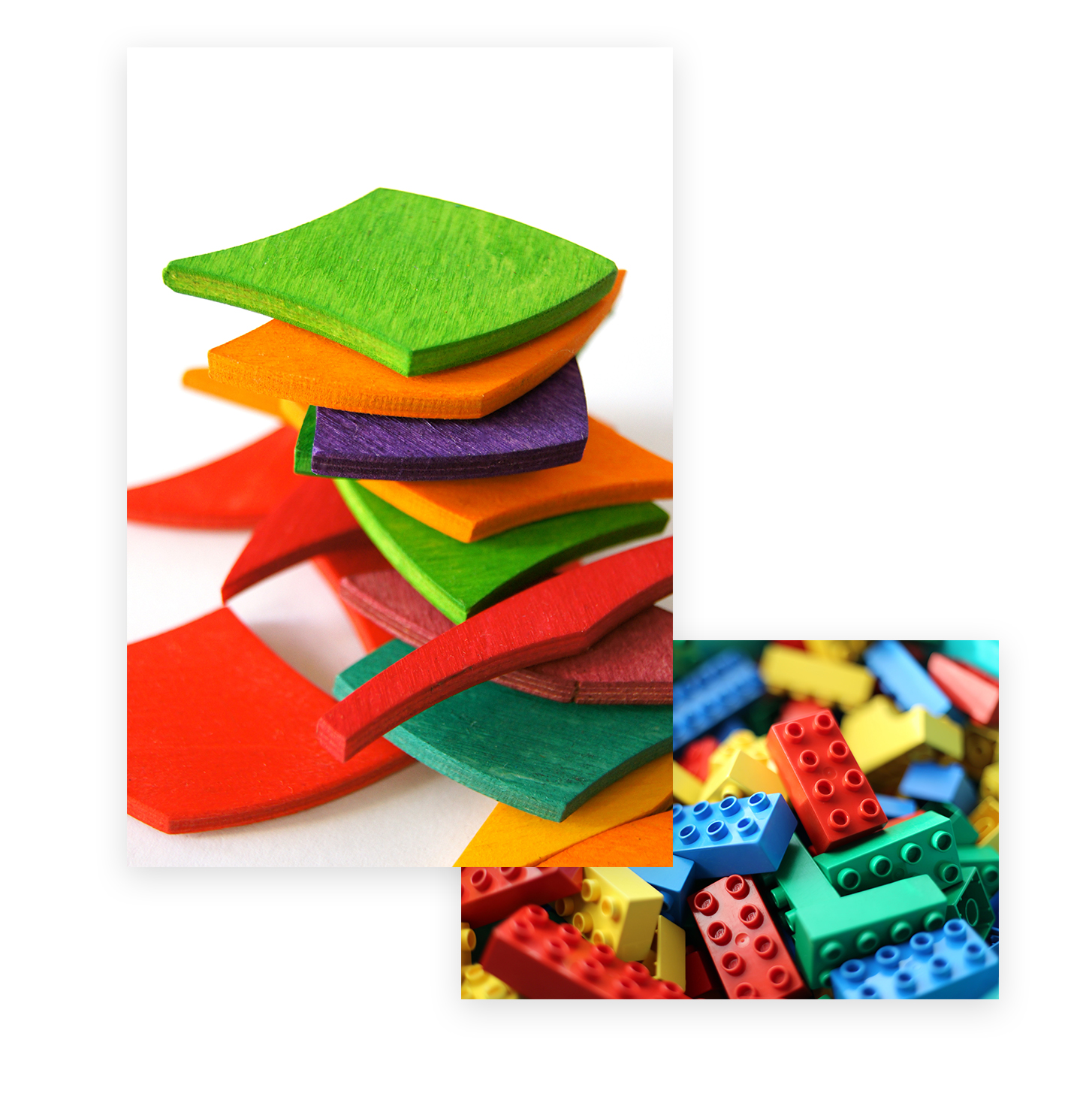
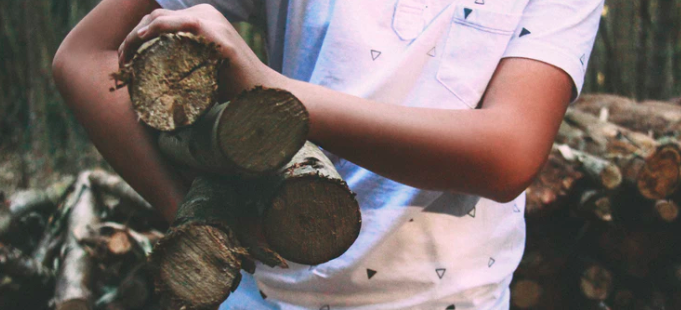
Doing chores can be a fun learning experience if done with others.


Get yourself and your kids moving and creative with this simple and silly activity.

It can be cathartic for a child to verbally express negative emotions following an altercation.

This fun interviewing activity will help your child learn about his family, storytelling, and folklore on a micro-level.

This simple building activity helps children internalize the concept of teamwork.

Bring ideas to life with this simple, captivating modeling or drawing activity

Use a variety of material you already have to transform you child’s bedroom into an imaginary play space.

Building simple models helps a child refine her thinking.

Help your child develop empathy and an appreciation for different perspectives through this simple activity.

It doesn’t take much to help your child become more aware of her senses.

Foster creativity by guiding your child as he builds a structure
